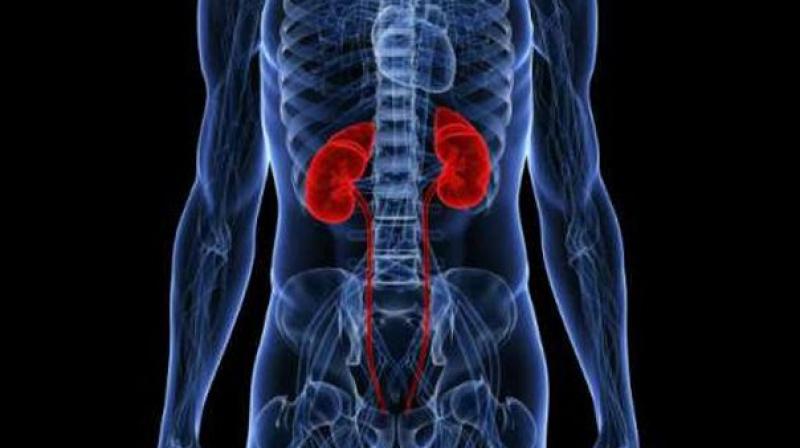Kidney patients' urine may predict death risk: study
Measuring ammonium excretion in the urine may be help identify patients with chronic kidney disease (CKD) who face serious health risks.

Washington: Patients with chronic kidney disease who have low ammonium excretion in their urine may be at high risk of disease progression or death, a new study warns.
Measuring ammonium excretion in the urine may be help identify patients with chronic kidney disease (CKD) who face serious health risks, researchers said. Keeping the body's pH level in balance is important for normal organ function. Doctors commonly assess whether a patient's body fluids contain too much acid, a condition called acidosis, by measuring bicarbonate levels in the blood.
This can indicate whether the body is having trouble maintaining its acid-base balance, but it may reveal only part of the picture because the kidneys are important for eliminating acid in the urine. Kalani Raphael from University of Utah in the US and colleagues looked to see if urine levels of ammonium may be a
better indicator of acid accumulation in the body.
Their analysis included 1,044 individuals with CKD in the African American Study of Kidney Diseases and Hypertension. The researchers found that low urine ammonium excretion predicted kidney failure or death in CKD patients irrespective of serum bicarbonate concentration. Compared with participants with the highest levels of daily ammonium excretion, those with the lowest levels had a 46 per cent higher risk of dying or needing dialysis, and those with intermediate levels had a 14 per cent higher risk.
Low ammonium excretion predicted these outcomes even in patients who had normal serum bicarbonate. In addition, those with low ammonium excretion had a 2.6-fold higher risk of developing acidosis within one year. "These results suggest that low urine ammonium excretion identifies individuals at high risk of CKD progression or death irrespective of the serum bicarbonate concentration,"
said Raphael.
"Overall, acid levels in the urine provide important information about kidney health above and beyond acid measurements obtained from the blood," Raphael said. The study also suggests that CKD patients with low urine ammonium excretion might benefit from alkali before overt acidosis develops. The findings appear in the Journal of the American Society of Nephrology (JASN).

